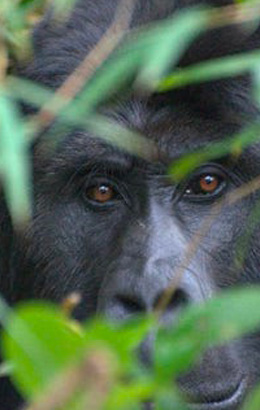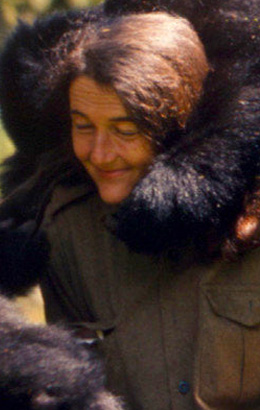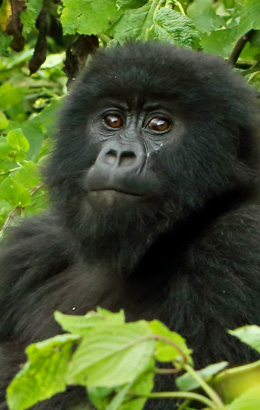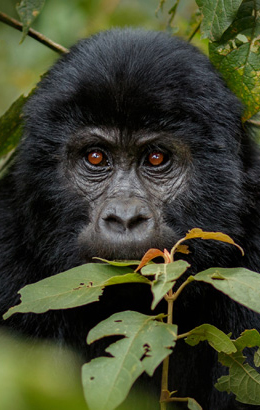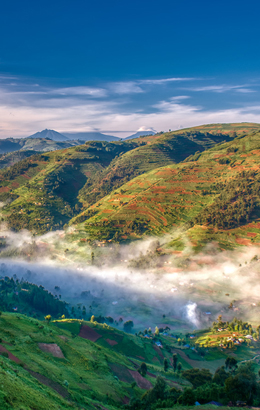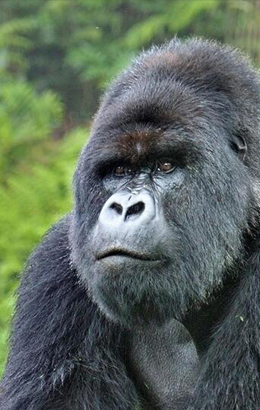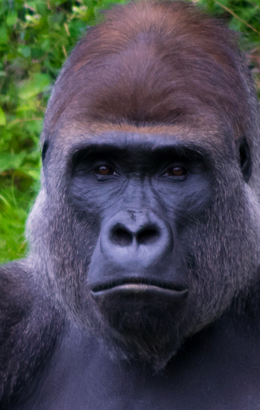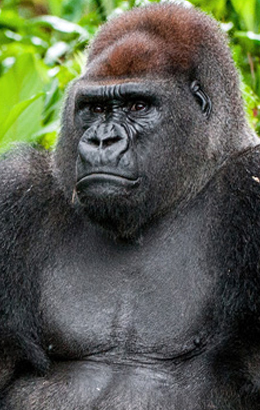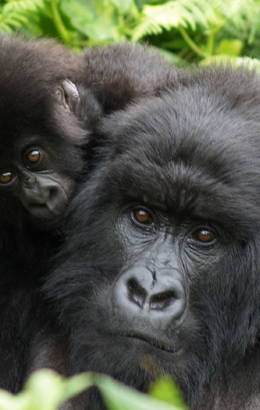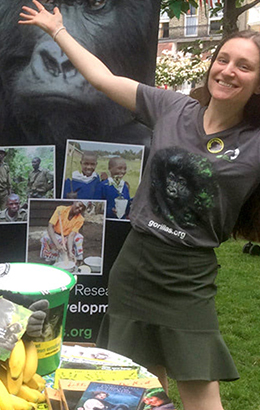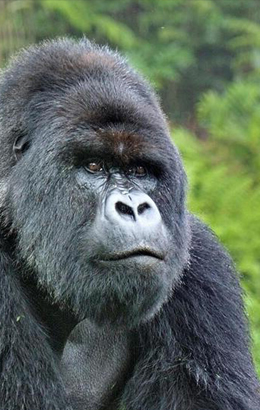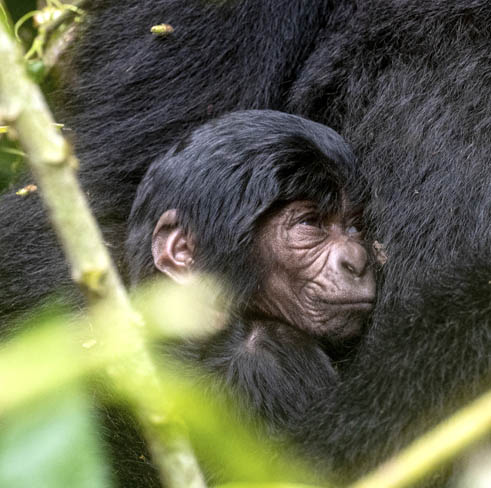Rwandan Solar Sisters get to work
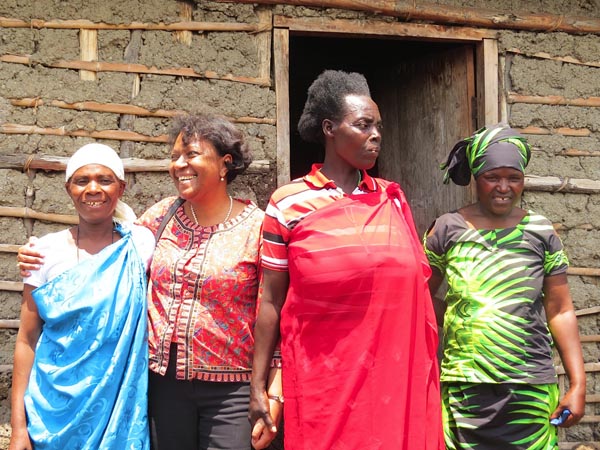
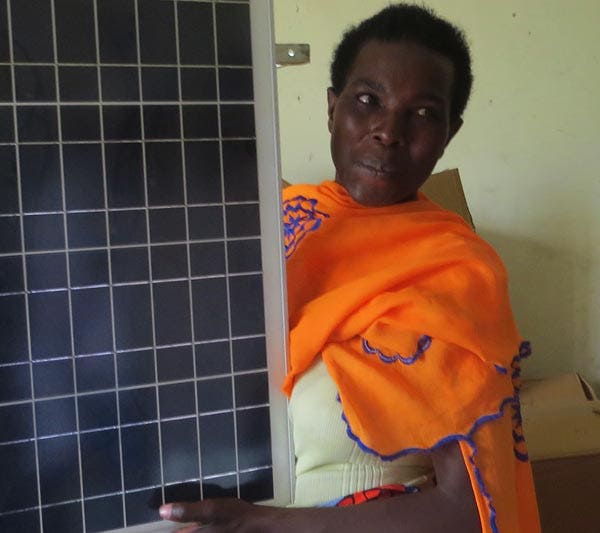
Dozens of homes in rural Rwanda now enjoy a regular source of electricity, thanks to the pioneering work of The Gorilla Organization.
Over the past few weeks, a group of specially-trained women, known affectionately as The Solar Sisters (right), have been putting the skills they learned at the Barefoot College in India to good use by installing solar panels to dozens of homes situated in Musanze District, right alongside the Volcanoes National Park.
The project, which is being implemented in partnership with UNESCO, will ensure that some of the poorest communities in the whole of Rwanda are finally able to enjoy a reliable source of power, transforming dozens of lives. Not only will children be able to study after sundown, adults will also be able to work for longer and so pull themselves out of crippling poverty.
Crucially, extra economic independence means these communities will be less reliant on the natural resources of the National Park, home to a fragile population of critically-endangered mountain gorillas.
At a special ceremony celebrating the presentation of equipment including solar panels, lanterns and electrical components to a village in the Musanze District, Gorilla Organization Executive Director Jillian Miller was joined by representatives of both UNESCO and the Rwanda Environmental Authority. The party were treated to some traditional dancing before the specialist equipment was formally handed over to the Solar Sisters, who are now getting to work transforming the community.
Welcoming the progress, UNESCO has praised the skills and the passion of the Solar Sisters themselves, grandmothers the Gorilla Organization helped send over to India for their training back in 2012. As the UNESCO report on the project noted: “They are proud and empowered, and are now driving and inspiring change in their village and around. At the same time, this approach is helping to reach out to local communities and engage them in the conservation of nearby protected areas.”
The project, which is being implemented within the framework of the UNESCO Man and Biosphere (MAB) programme, is set to be rolled out in other areas where access to electricity remains a problem. Meanwhile, UNESCO has confirmed that a documentary film on the experience of the Solar Sisters in Rwanda is also in development.
To read the UNESCO report on the project, click here.
